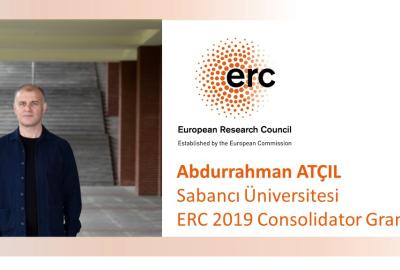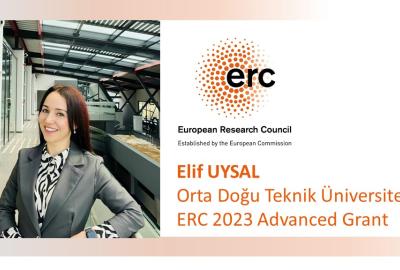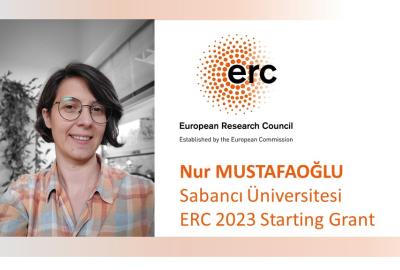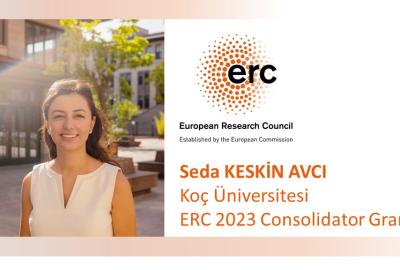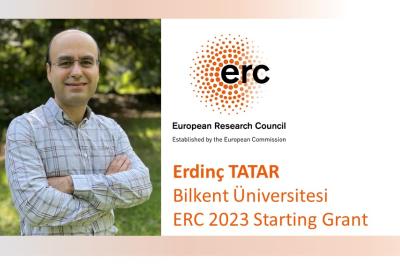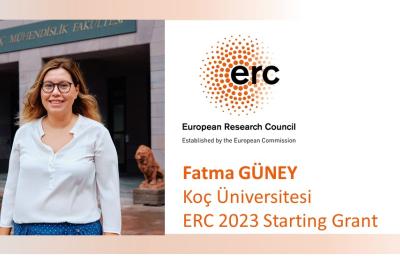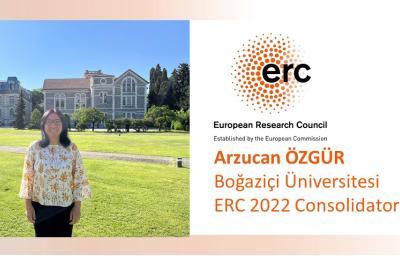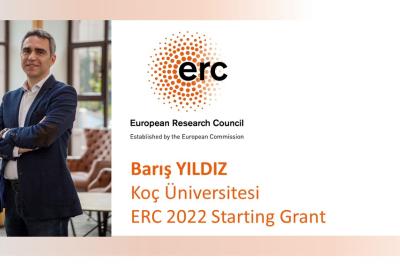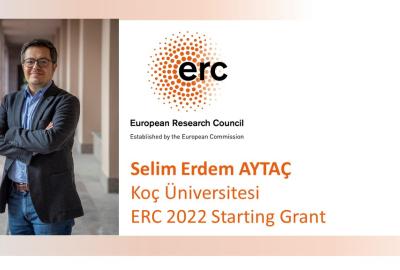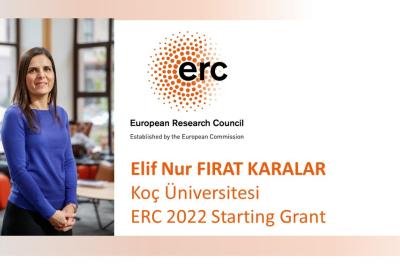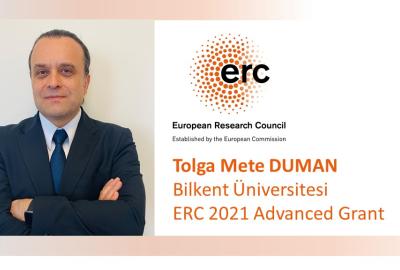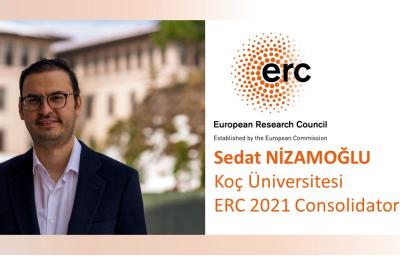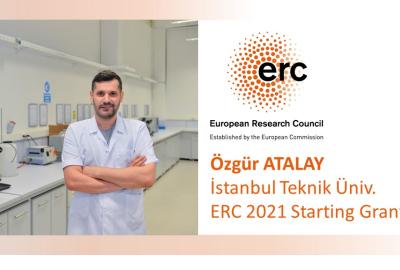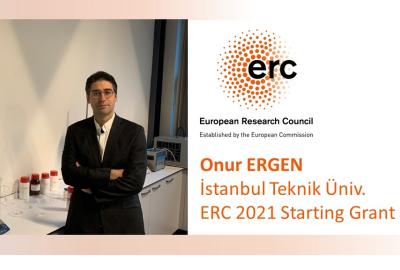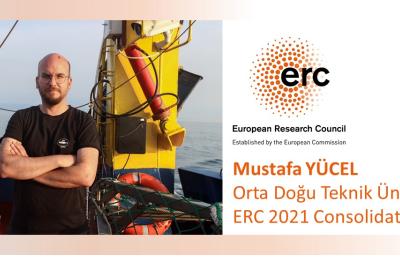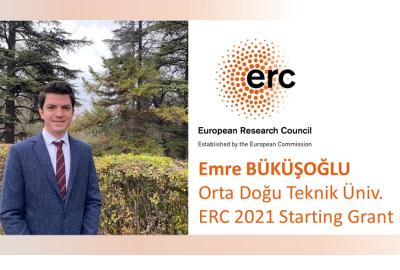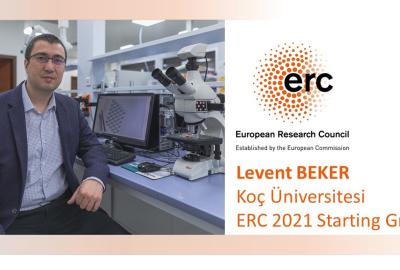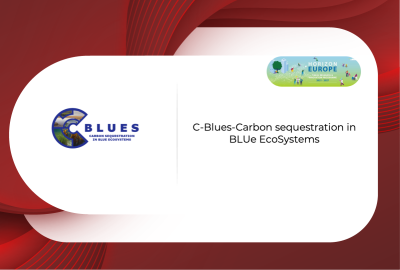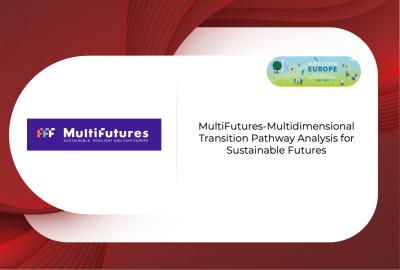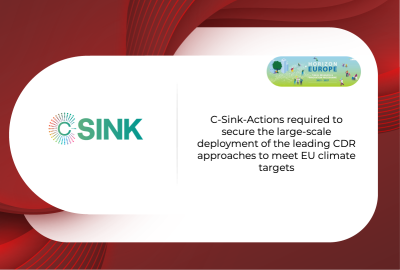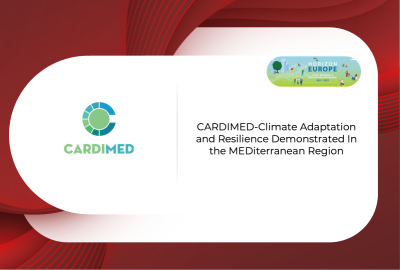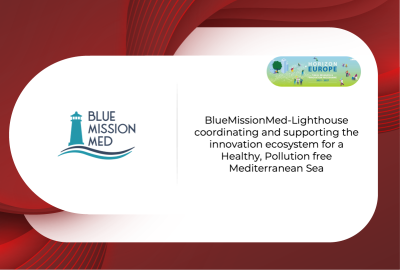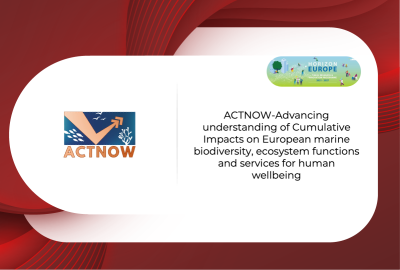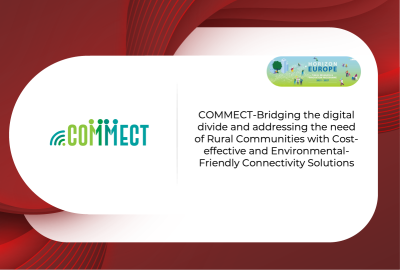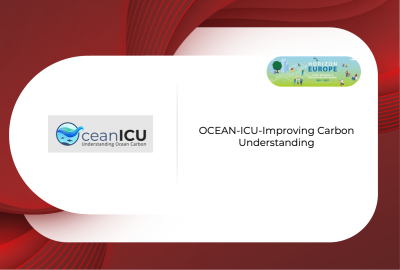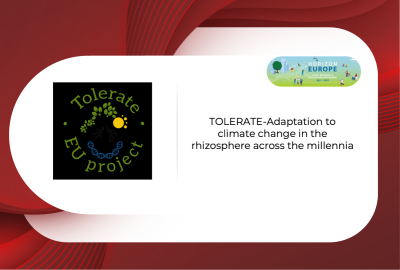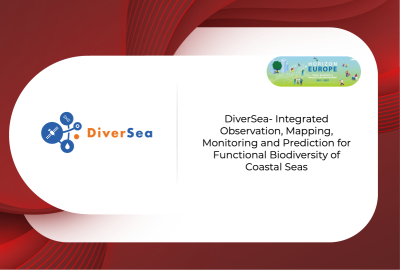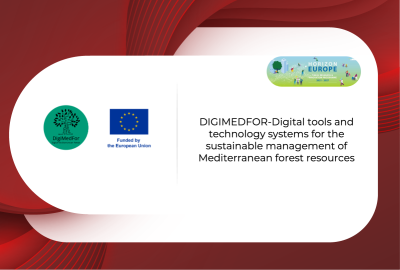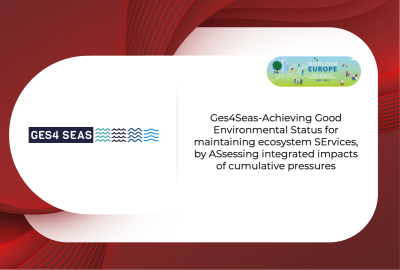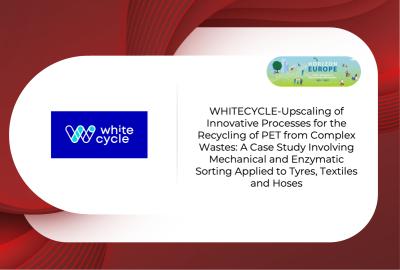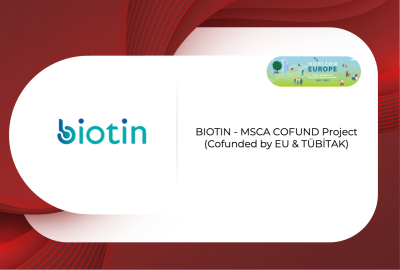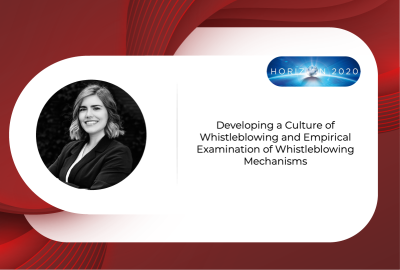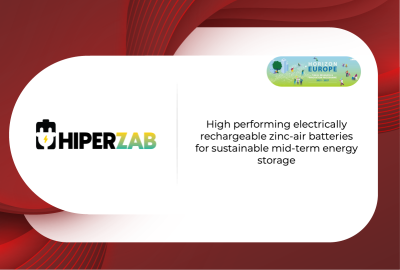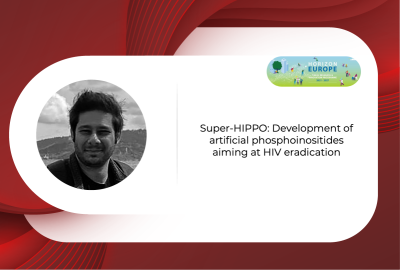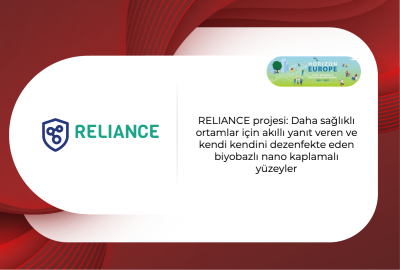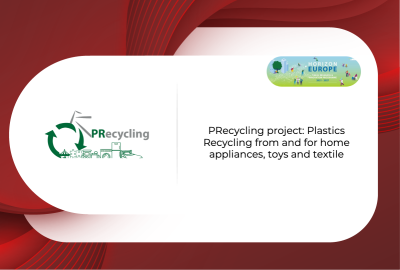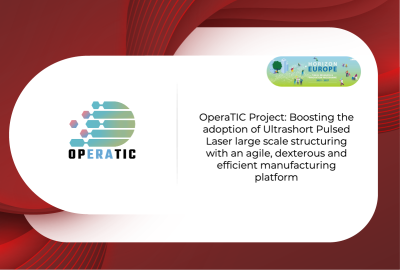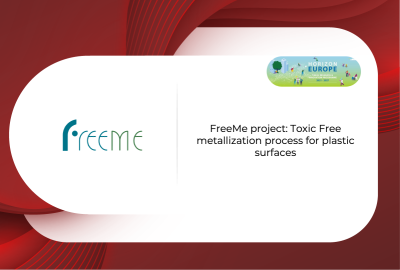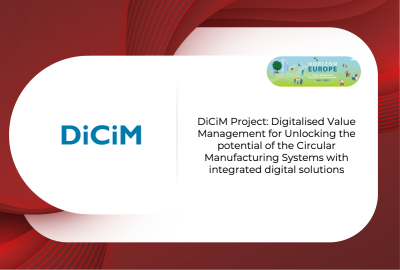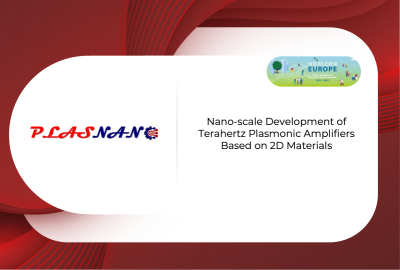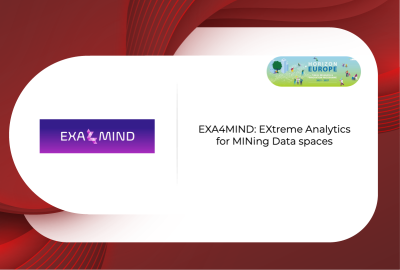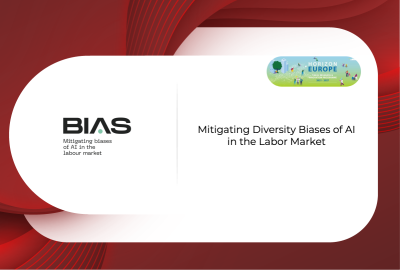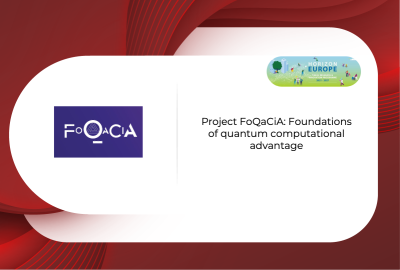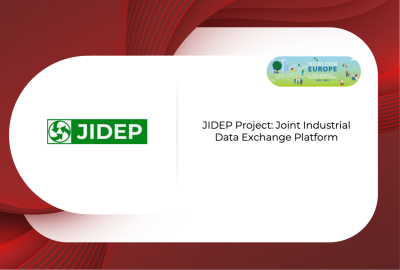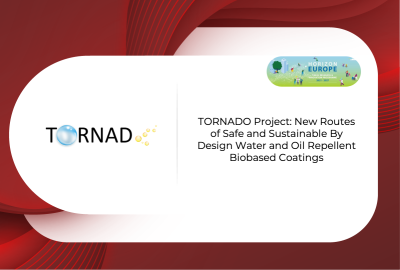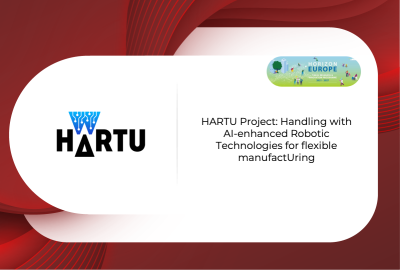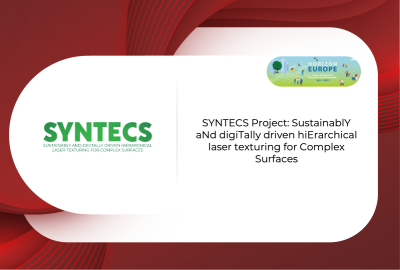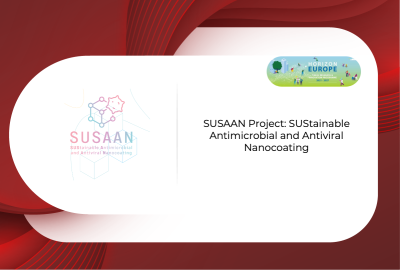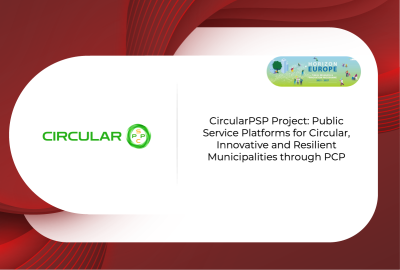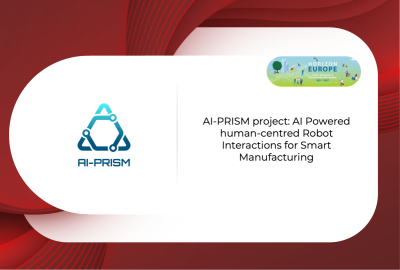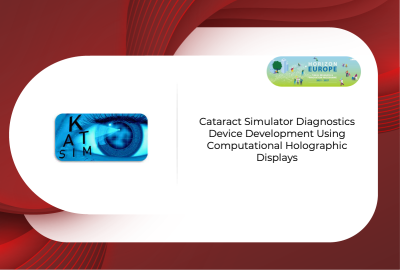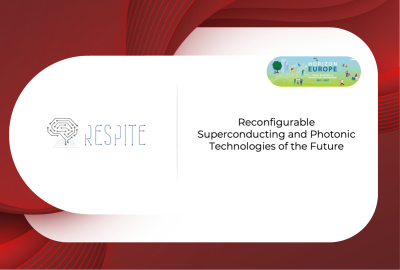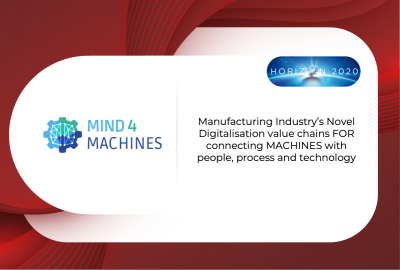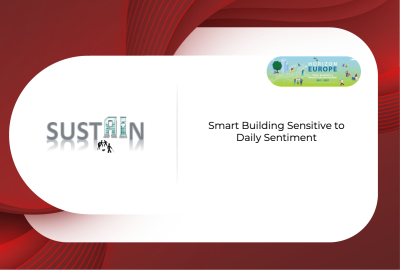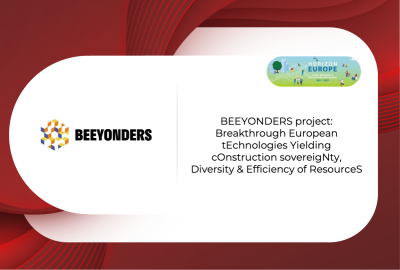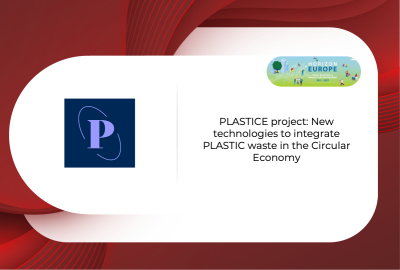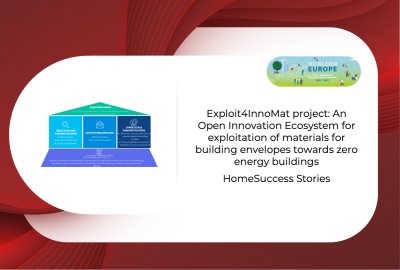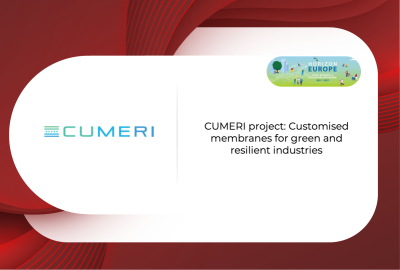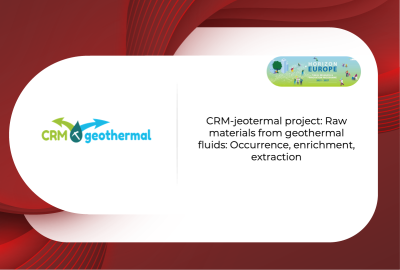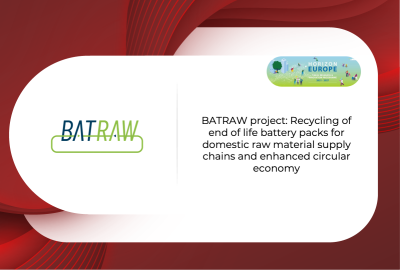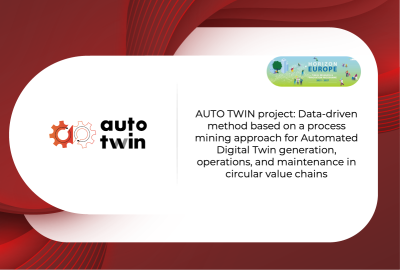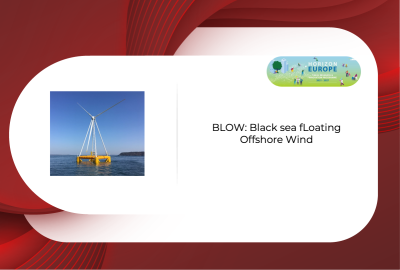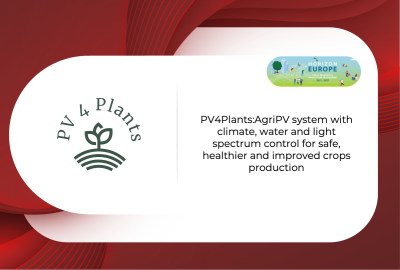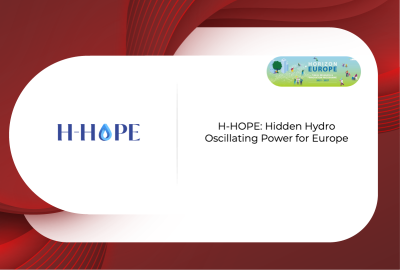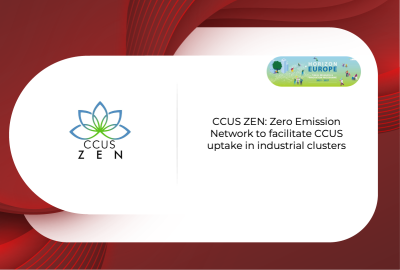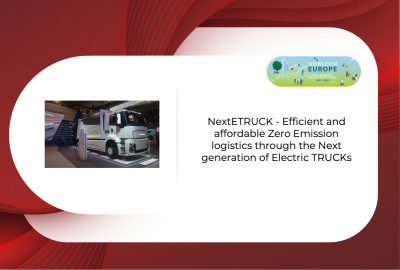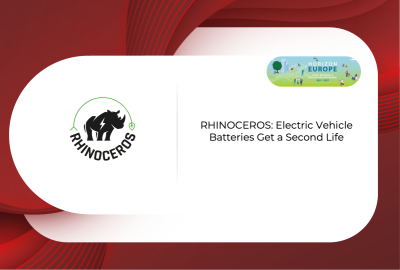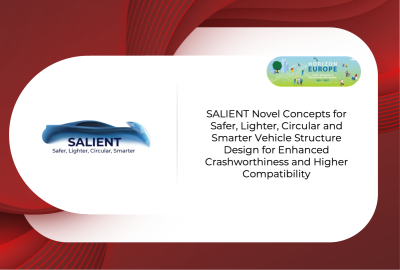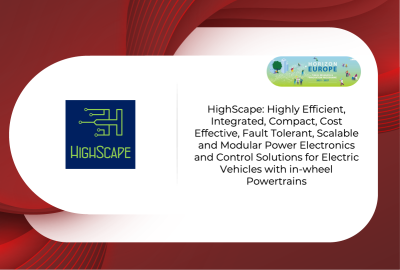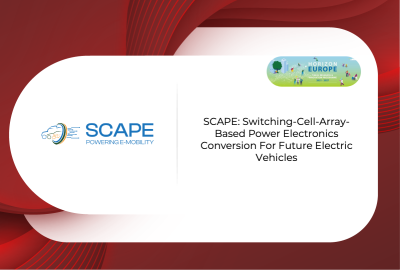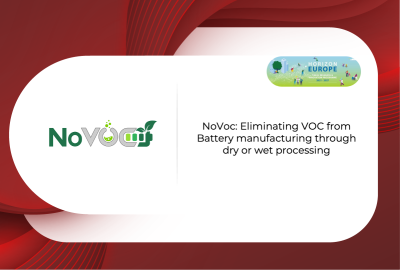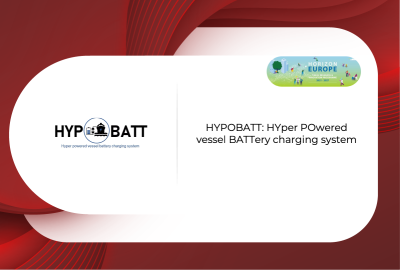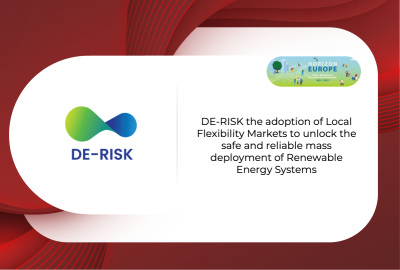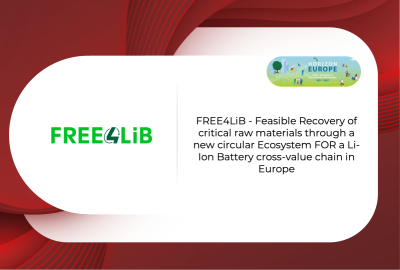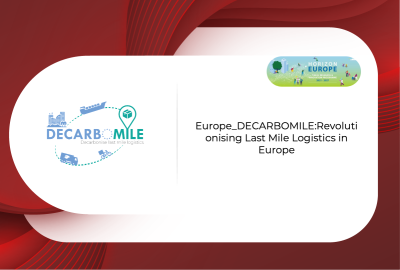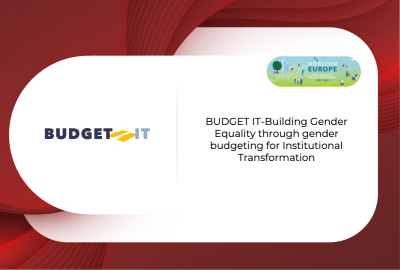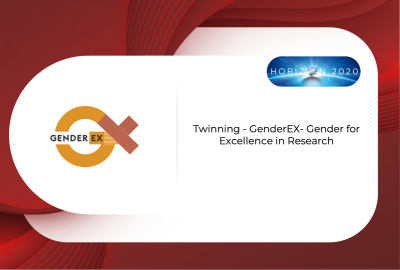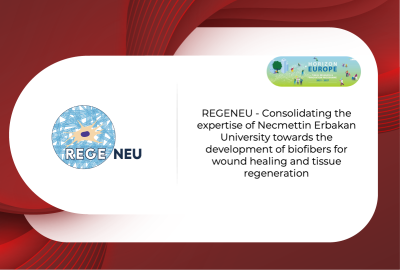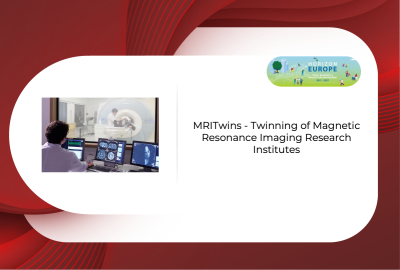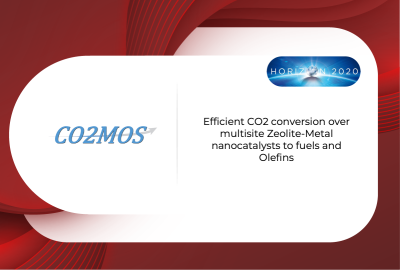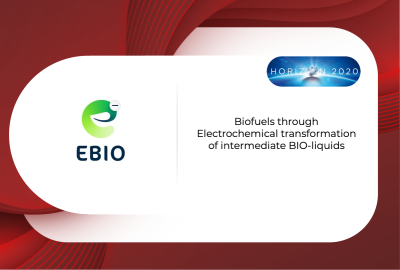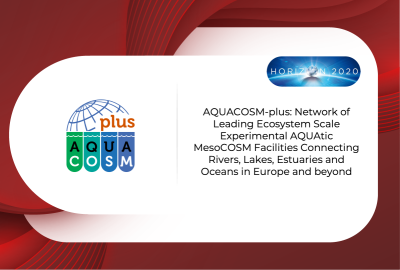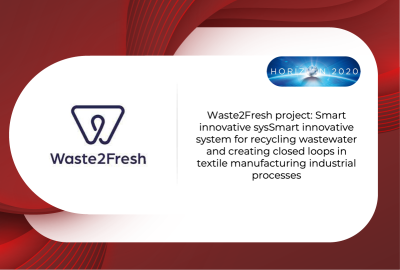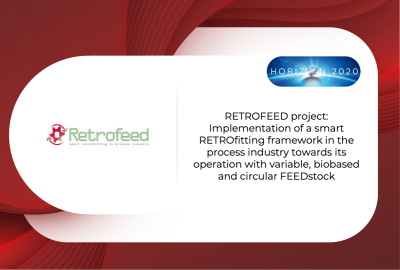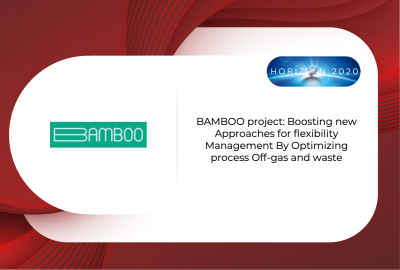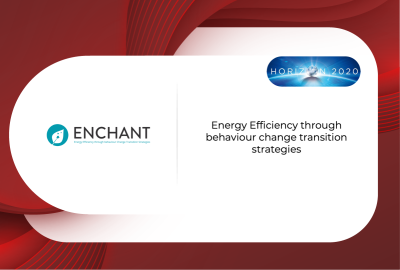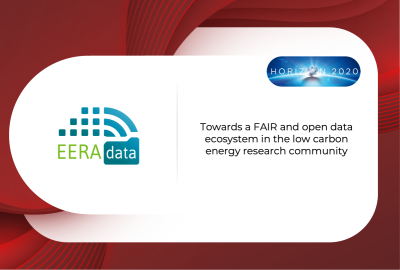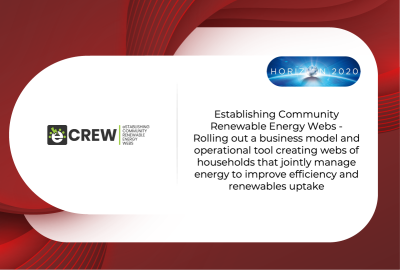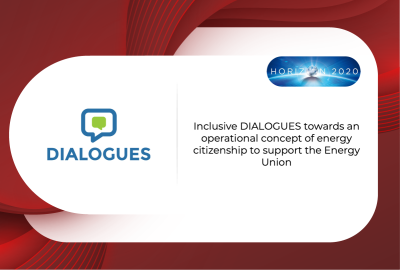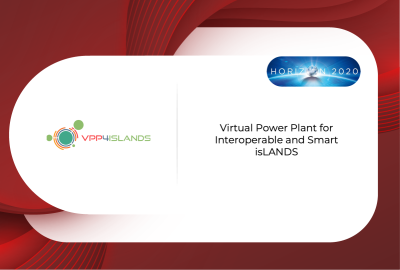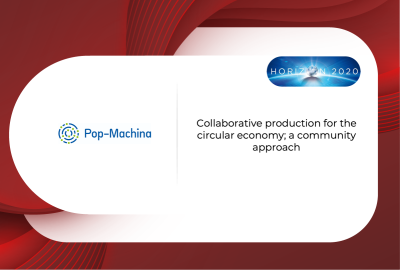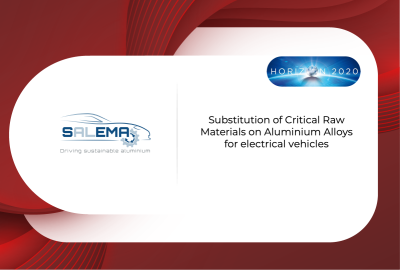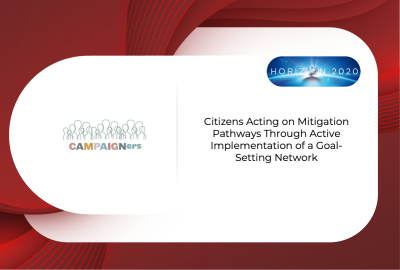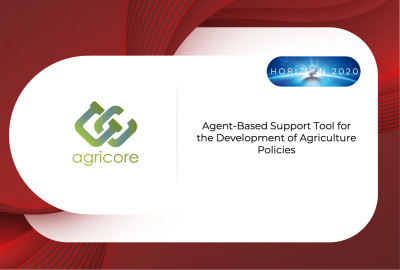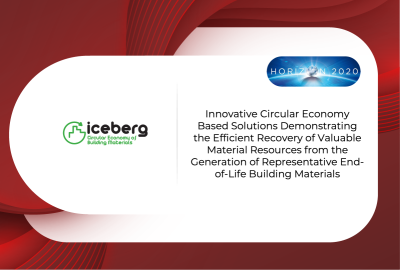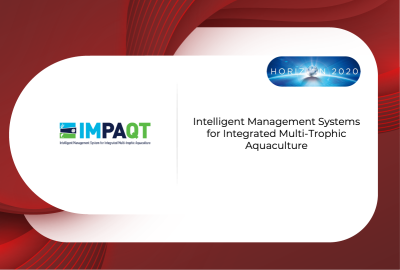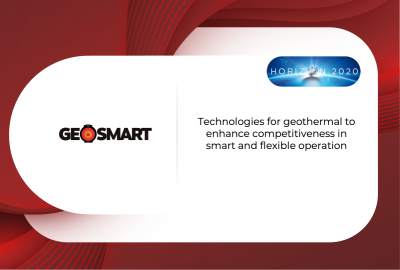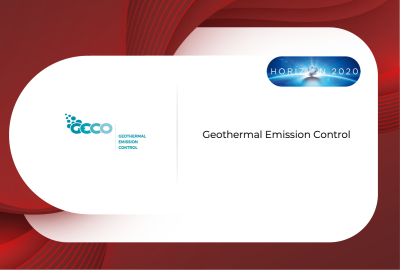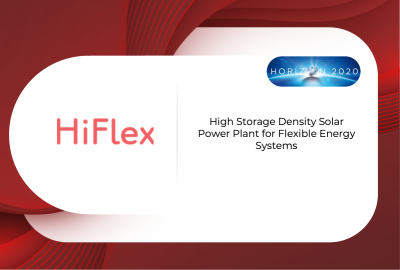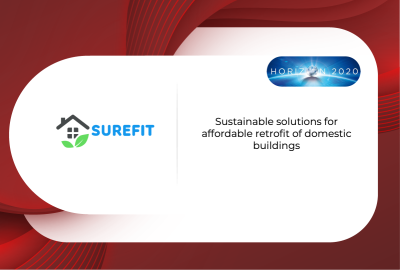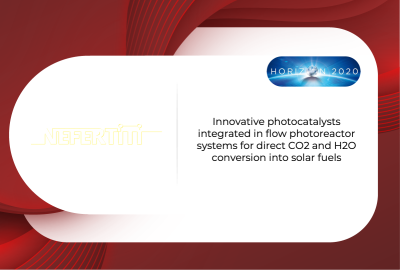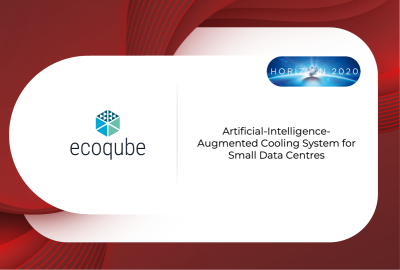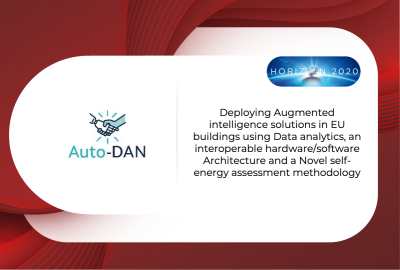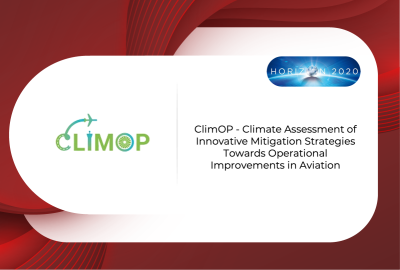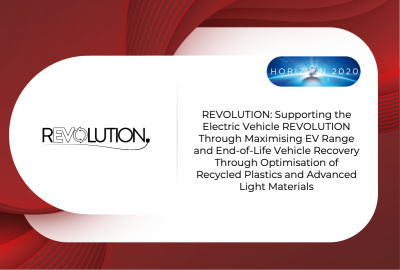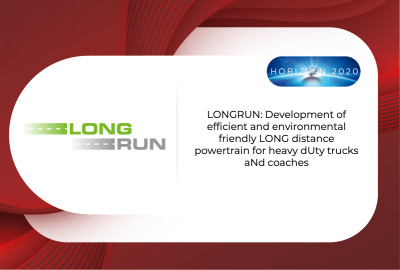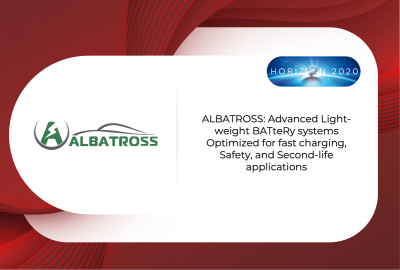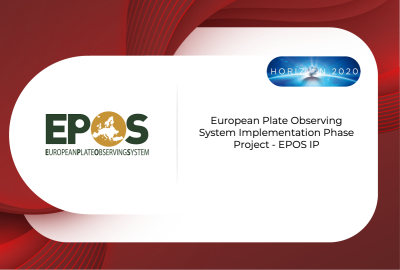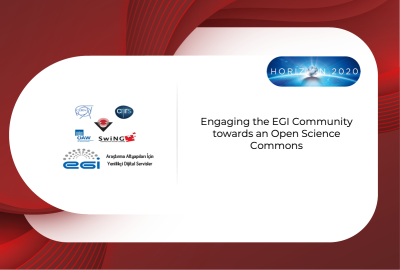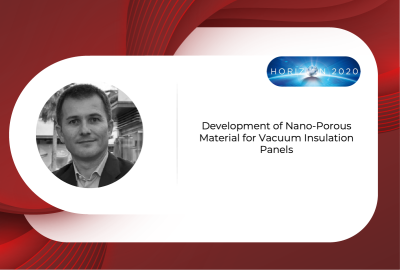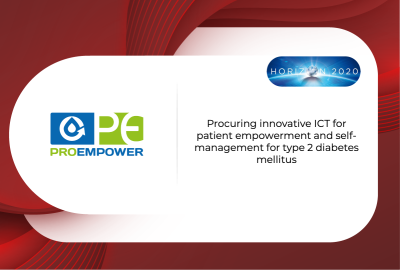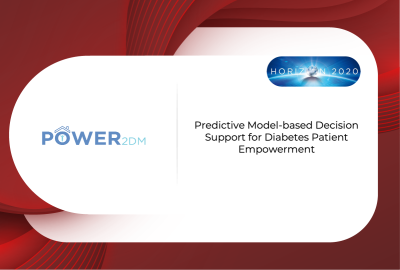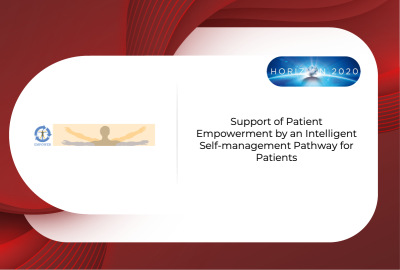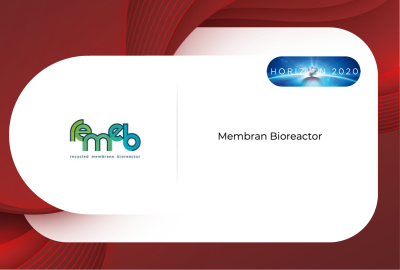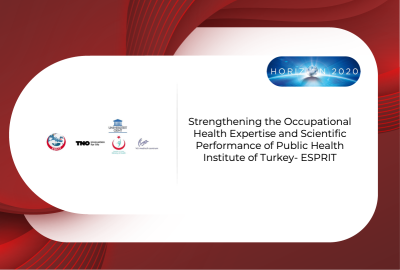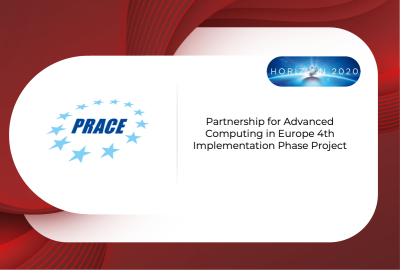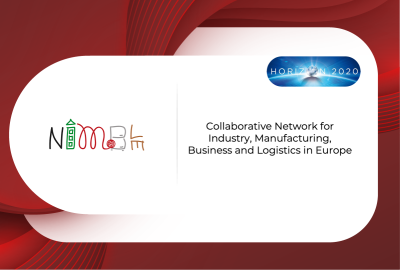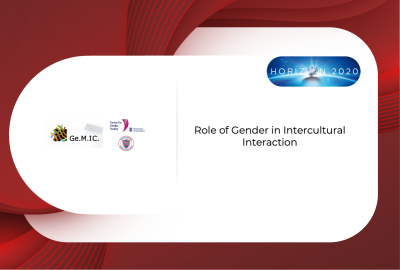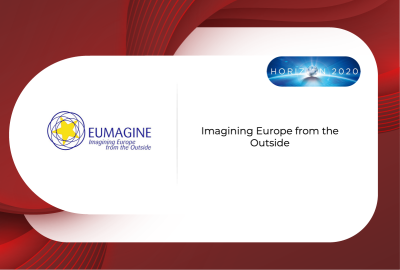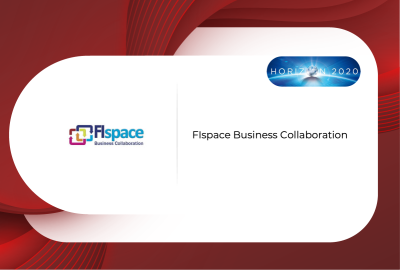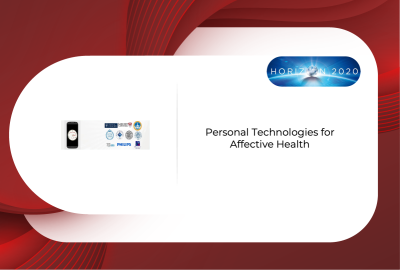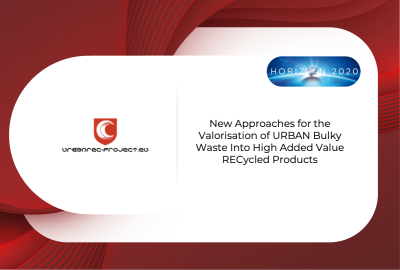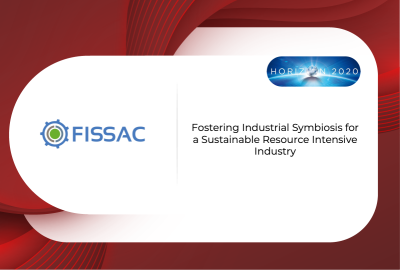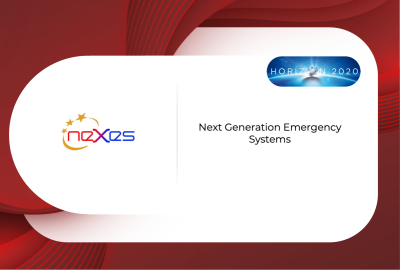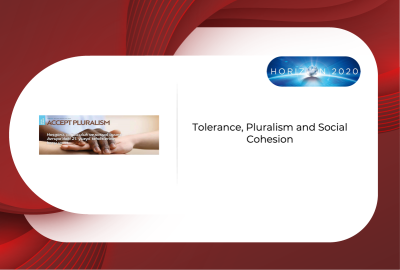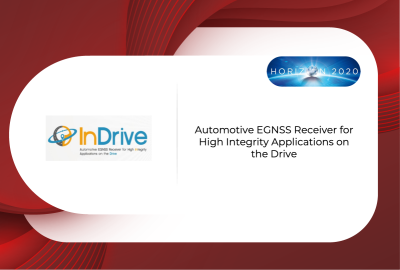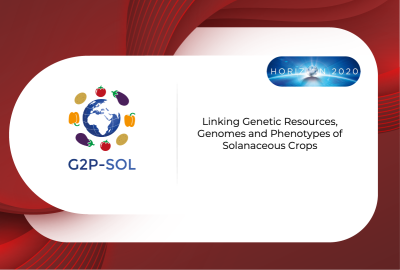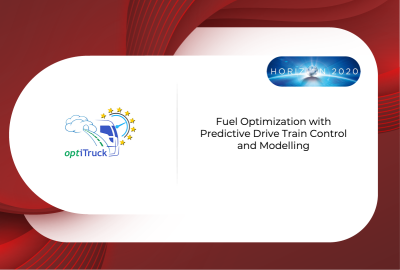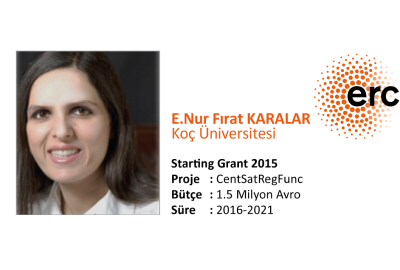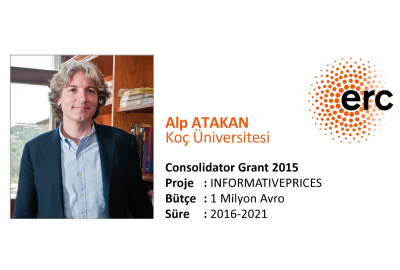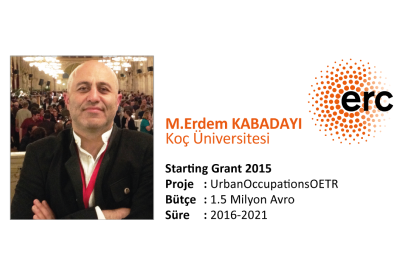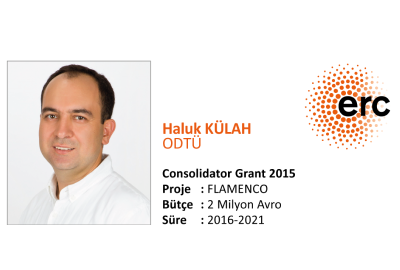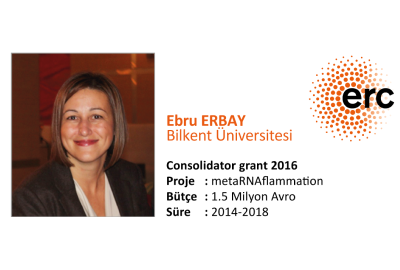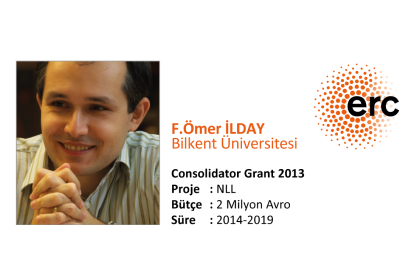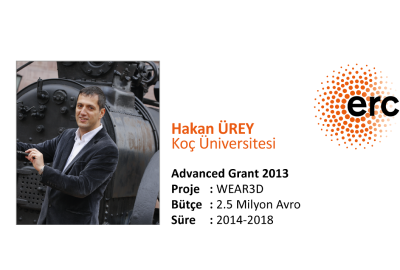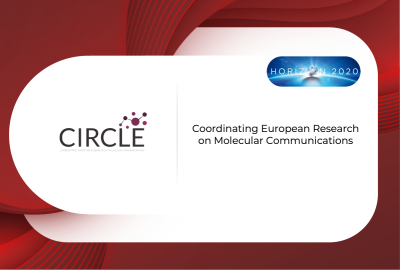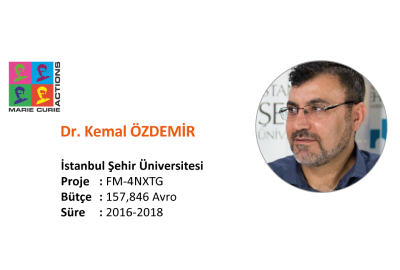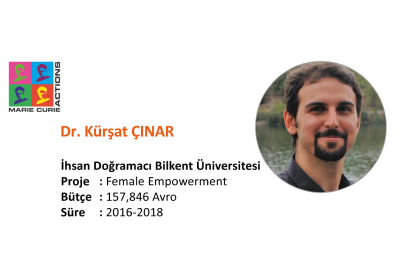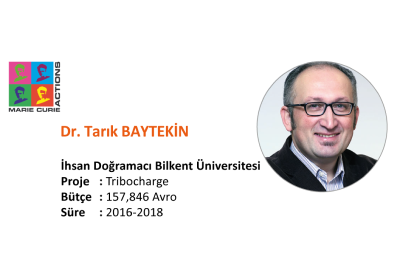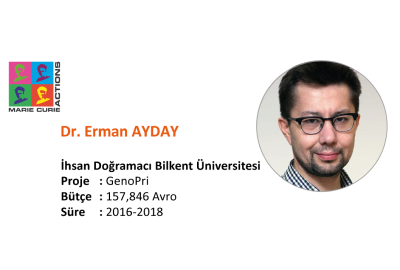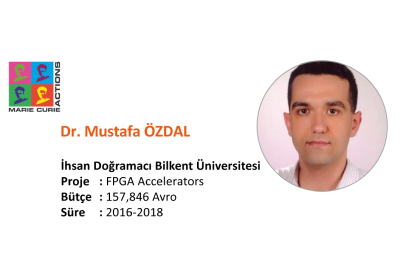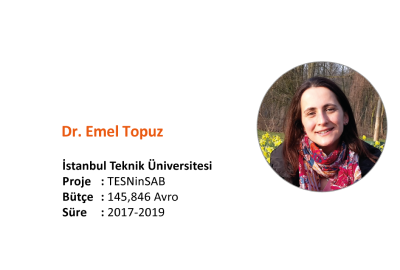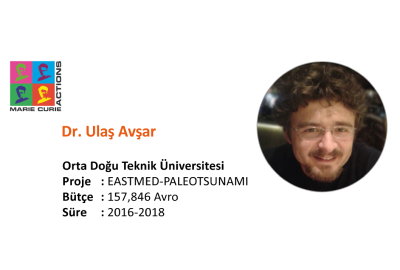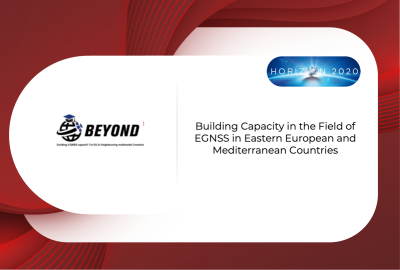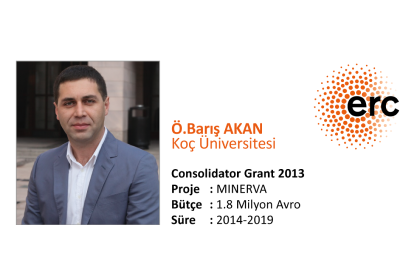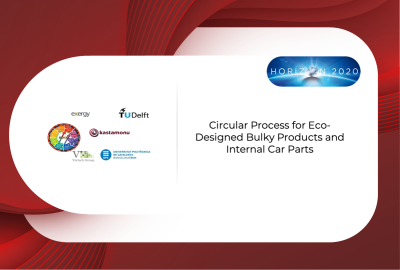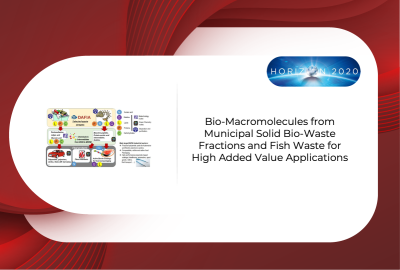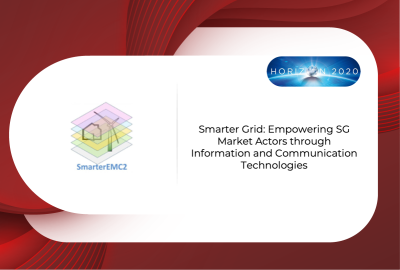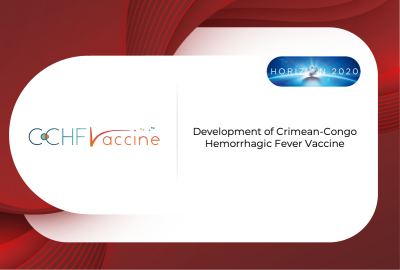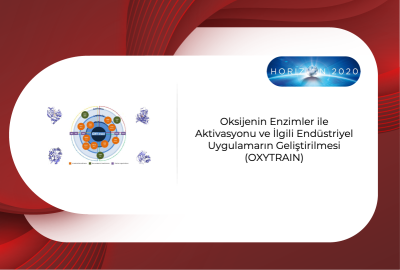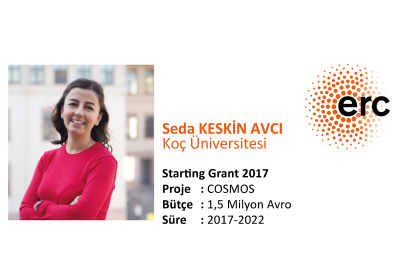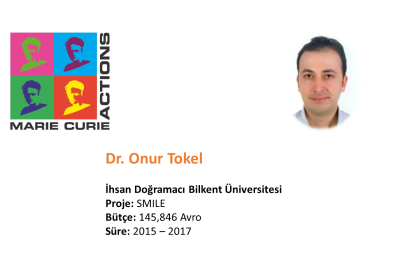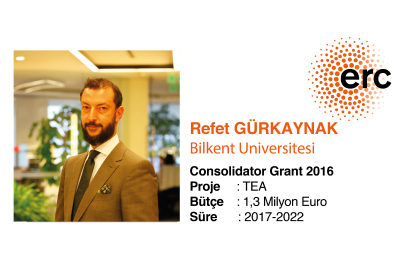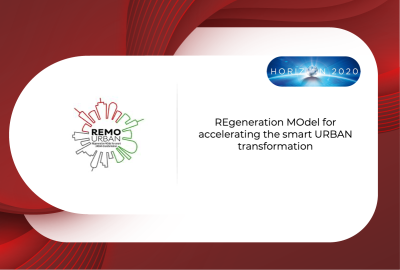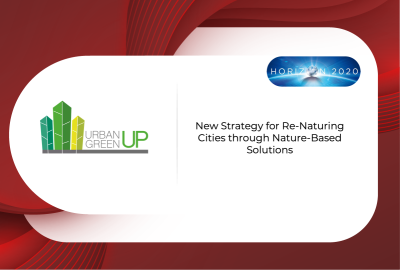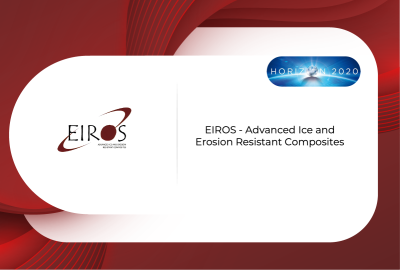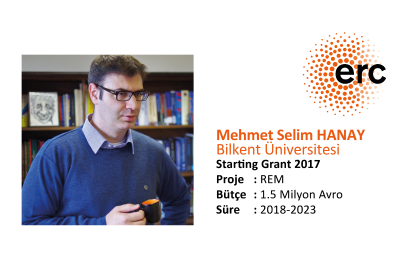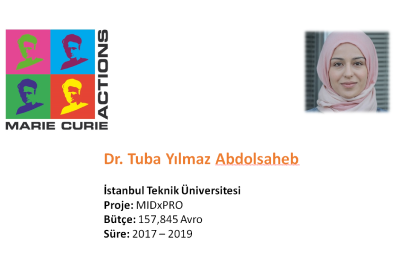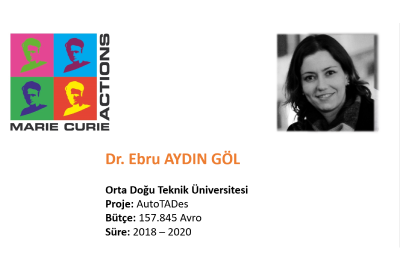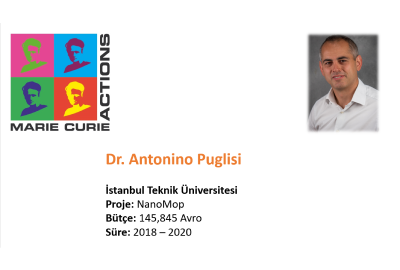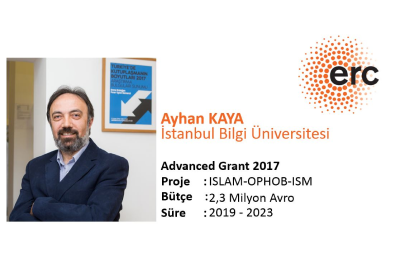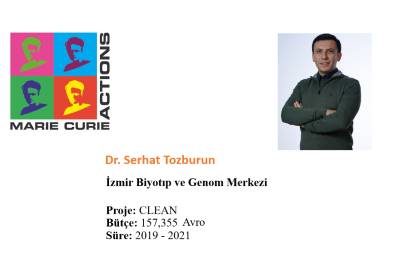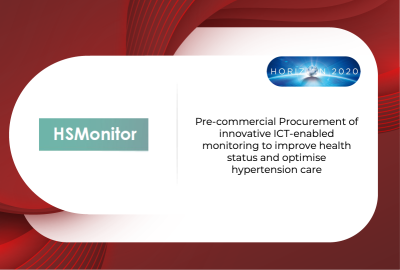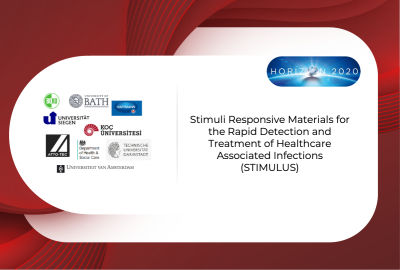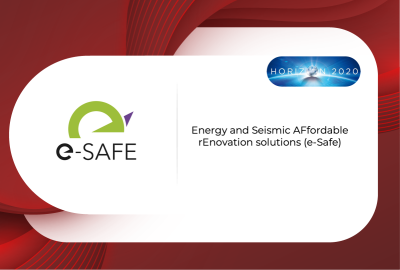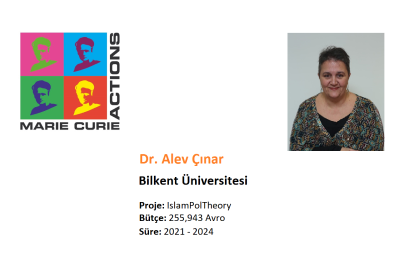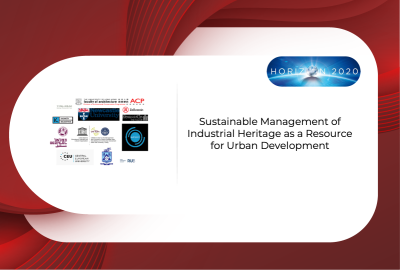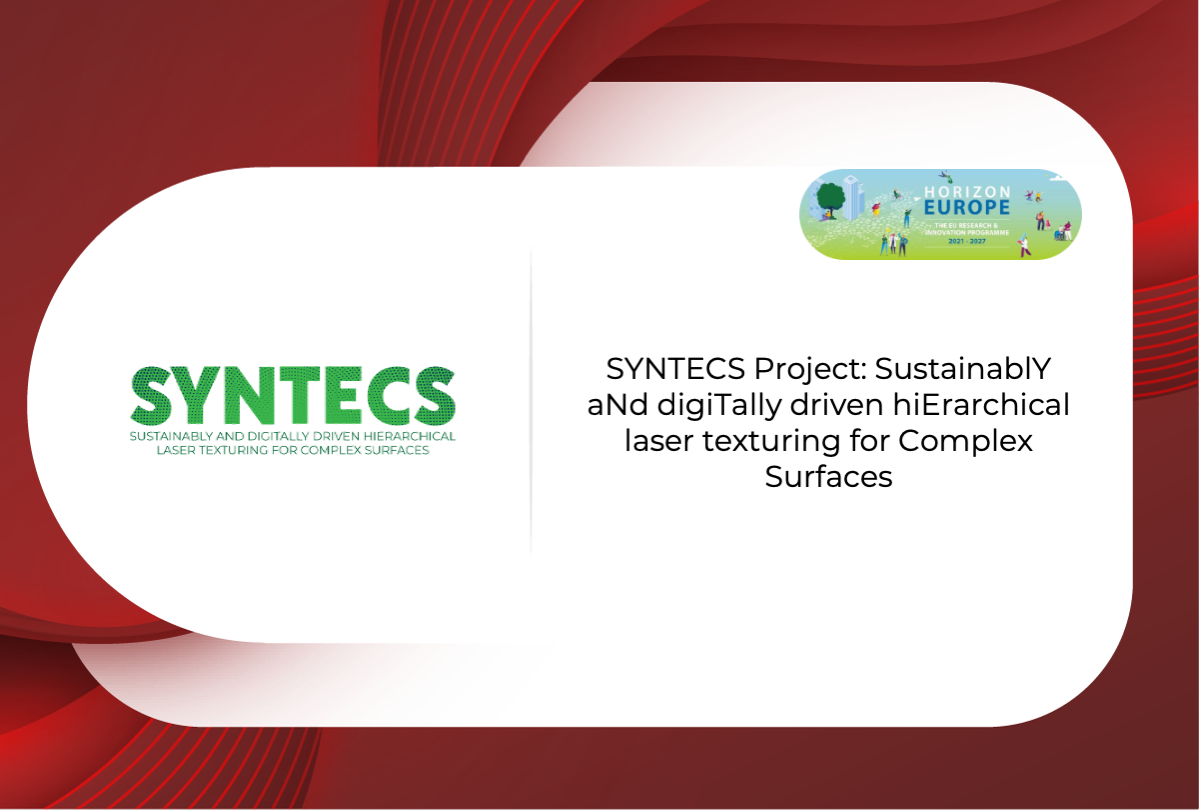
Coordinator
Fraunhofer-Gesellschaft zur Förderung der angewandten Forschung e.V
Project Total Budget
4.481.812,5 Euro
Turkish Partners
Farplas Otomotiv Anonim Şirketi
Desteklendiği Program ve Alan
Digital, Industry and SpaceSupported Framework Program
Ufuk Avrupa Programı: HORIZON-CL4-2022-TWIN-TRANSITION-01-02 Products with complex functional surfaces (Made in Europe Partnership) (RIA)
Project's CORDIS Link
https://cordis.europa.eu/project/id/101091514Project Website
https://syntecs-laser.eu/index.htmlProject Summary
SYNTECS brings together a consortium of industry leaders and academic and research organisations that are at the forefront of laser-based processing. SYNTECS is designed to tackle the multiple challenges experienced with current chemical and mechanical surface treatments.
The overall aim of SYNTECS is to develop and demonstrate a digital and green laser texturing approach to generating complex multifunctional surfaces. A machine platform will be developed (TRL6), that enables interchangeable Direct Laser Writing (DLW), Direct Laser Interference Patterning (DLIP) and Laser Induced Periodic Surface Structuring (LIPSS), with a multi-axis motion stage for processing complex geometries and an inline monitoring and control system.
The combined system will streamline the generation of hierarchical surface textures, i.e. textures which combine at least two significantly different sized features. The surface multi-functionality enabled by these hierarchical textures will be demonstrated in three industrial case studies: an injection moulding tool, a hip implant system and a complex shaped vapour chamber.
Surface textures and texturing processes for these demonstrators will be designed using a Design for Surface Engineering software module, which will incorporate LCA guidance combined with predictive performance modelling to enable sustainable-by-design decision making.
SYNTECS will demonstrate that hierarchical laser surface texturing provides a highly efficient and flexible route to replacing multiple (typically chemical and mechanical) energy and resources intensive surface treatments steps with a single, digitally controlled, chemical- and waste-free process.
Scientific Output/Outcome Expected From the Project
SYNTECS Project will develop a new laser surface texturing processes and patterns for specific functionalities for high-volume and high-performance applications, and a multi-process module encompassing DLW/LIPSS and DLIP. Furthermore, Design for Surface Engineering Software Module will be created, which will offer two distinct functions – process path planning and a novel LCA-CAD tool that will offer a unique ability to design the most sustainable surface texture based on environmental impact data. SYNTECS Project also will build all in one process monitoring and control module that offers tight control of surface structures.
Target Group of the Project
Research & Scientific Community: SYNTECS will directly enable further research into future uses and applications of LST. The hierarchical surface textures investigated within SYNTECS will provide data to further investigate how hierarchical structures can be used to achieve multifunctional surfaces.
End Users: SYNTECS will provide benefits to end users by the knowledge and processes developed during project. The LST processes defined and developed within SYNTECS will drive significant improvements in terms of production efficiency metrics (cost and time) as well as bringing the ability to simplify and streamline existing manufacturing processes.
Suppliers (Equipment, Materials): SYNTECS will provide equipment providers with a new route for product development by focussing on LST machinery. SYNTECS will also give opportunities to existing surface treatment suppliers to diversify and adapt the changing landscape and demands for cleaner and greener surface treatments.
Product Designers/ Manufacturers: The DSE modüle development within SYNTECS will provide the tools necessary to co-develop products with surface functionalities under consideration and whilst ensuring sustainability in design and processes is maximised.
Importance of the project in Tackling Global Challenges
SYNTECS will contribute to a number of UN Sustainable Development Goals (SDGs), including:
- SDG9- Industry innovation and infrastructure, through enabling consideration of environmental impacts of proposed surface designs to promote sustainable innovation and industrialisation;
- SDG12- Responsible consumption and production, through enabling design engineers to integrate eco-design principles including recyclability into products at the design stage; and
- SDG13- Climate action, by prioritising process energy consumption/CO2 emissions as an environmental impact indicator in lifecycle analysis.
Scientific/Social/Economic Innovative Contribution
Scientific: SYNTECS will establish efficient digitally controlled laser surface texturing (LST) to replace conventional (e.g. chemical and mechanical) surface treatments. LST is agile, flexible and resilient which is valuable in manufacturing environments where multiple products from different materials and with varying geometries are processed and/or surface functionalities are required. Besides, laser processing is a greener alternative to many chemically and energy intensive surface treatments. Laser processes can reduce CO2 emissions within manufacturing value chains by efficient processing and resource optimisation, using specifically tailored laser-based surface treatments that replace harmful chemical etchants such as HNO3 as well as directly assisting energy reductions in manufacturing processes such as injection moulding.
Economic: SYNTECS will generate multiple results that can and will provide opportunities for financial exploitation through establishing new products, processes and services
Social: New clean and sustainable laser-processes to replace existing chemical and mechanical surface treatments; Greater awareness of LST benefits tools to make it easier to design and establish LST processes will encourage a shift away from existing harmful processes
Contribution to the Development of Professional Skills
Existing surface treatments whether mechanical or chemical can create hazardous and harmful working environments. Mechanical processes can be high-temperature or subtractive in nature, causing potential hazardous debris from the work piece and harmful materials. Chemical processes can generate harmful emissions that could be dangerous and involve harmful etchants. In comparison, LST is cleaner and better contained. SYNTECS will undertake all LST in self-contained machine units with appropriate ventilation to ensure worker safety. Working around laser systems is safer, and cleaner that existing processes and the use of the latest digital technologies can attract new talent to the industry.
Contribution to the Development of Human Resources
SYNTECS will develop a specific training programme that will focus on closing the skills gap and barriers that exist when it comes to laser processing. Training will be designed in a way to ensure that laser processing jobs appeal to a broader pool of workers. Laser processing creates a more conducive working environment which is gender neutral and does not bias based on physical attributes to perform the work.
Information about other partners in the project
SYNTECS is an industry-led project driven by the needs of globally recognised endusers in the automotive, medical and thermal management sectors. For each sector, the full value chain is represented including brand owners, OEMs, Tier-1s, machine integrators and technology providers. The development is underpinned by six world-class RTOs/Universities and leading manufacturing Association, with support from IP and financing specialists.
Project partners:
- Fraunhofer-Gesellschaft zur Förderung der angewandten Forschung e.V. (Coordinator) (FhG), Germany
- Laser Engineering Applications SA, Belgium
- Fusion Bionic GmbH, Germany
- Farplas Otomotiv Anonim Şirketi, Türkiye
- 3 Drivers - Engenharia, Inovacao Eambiente LDA, Portugal
- Centro Ricerche Fiat S.C.p.A., Italy
- DePuy (Ireland) Unimited, Ireland
- The Manufacturing Technology Centre Limited, United Kingdom
- Centre Technique Industriel de la Plasturgie et des Composites, France
- The University of Birmingham, United Kingdom
- Associação do Instituto Superior Técnico para a Investigação e Desenvolvimento, Portugal
- Iconiq Innovation Limited, United Kingdom
- European Federation For Welding Joining And Cutting, Portugal
- European Thermodynamics Limited, United Kingdom

